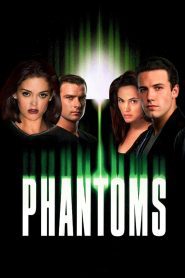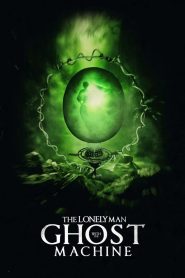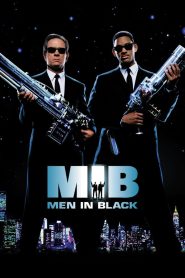
Video Sources 24 Views Report Error

Synopsis
In a dimly lit living room, a father, mother, and their son sit together, the glow of the television illuminating their faces. It’s that time of the night again—the Society for Population Control’s lottery. The family, bound by a mix of hope and trepidation, gathers to cast their votes, fully aware that the outcome could change their lives forever. As the lottery approaches, tensions rise. They discuss the implications of the drawing, the rules of the lottery, and the harsh realities of their society, where every citizen’s fate is dictated by chance.
The father, a stoic figure, tries to remain calm, but his mind races with worry for his family’s future. The mother, filled with a mix of optimism and dread, attempts to reassure her son, explaining the importance of participation and the potential for a better life if they are chosen. Their son, caught between childhood innocence and the harsh truths of their world, feels the weight of their anxiety.
As the lottery begins, the family holds their breath, each of them silently praying for a favorable outcome. The screen displays names, numbers, and a mechanical voice that announces the winners. With every name called, hope turns to despair or elation, and the family’s dynamic shifts, revealing the deep bonds and fears that unite them.
In this gripping scenario, the audience is drawn into their emotional turmoil, experiencing the dread of uncertainty and the flickering hope that maybe, just maybe, they will be the lucky ones. The lottery is not just a game of chance; it represents their struggle for survival in a world that sees them as mere numbers. As the evening unfolds, the family grapples with the harsh reality of their existence and the precarious balance between hope and resignation.
The story explores themes of fate, familial love, and the moral dilemmas faced in a society governed by cold statistics. It questions the nature of choice in a world where individuals are reduced to probabilities, raising profound questions about the value of life and the price of freedom. In the end, the outcome of the lottery will not only determine their immediate future but will also force them to confront their deepest fears and desires.
As the credits roll, viewers are left reflecting on the fragility of life and the human spirit’s resilience in the face of insurmountable odds. The family’s journey serves as a poignant reminder of the importance of hope, connection, and the inherent value of every individual, even in the most dehumanizing circumstances. The lottery is just the beginning of their story—a catalyst for change that pushes them to reevaluate their place in a world where every decision can mean the difference between life and death.
Original title Jackpot
Director
Director
Cast
Edward Smith
Larry Smith
SPC Prize Courier
Winston's Ventriloquist
Jackpot Host
Tasty Time Housewife
SPC Delivery Man
Joy Smith
















